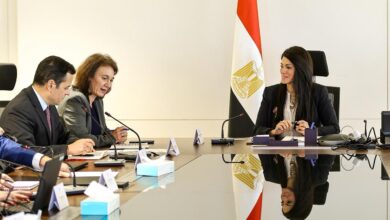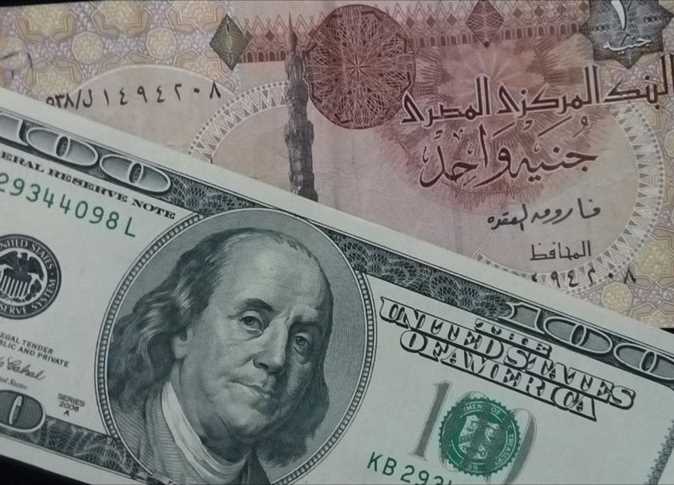The country's current account deficit narrowed in July-December, data showed on Thursday, but economists said it remained a major problem that is adding to pressure on the government to do a deal with the International Monetary Fund.
The Cabinet is seeking an agreement, but securing aid would involve a commitment to austerity measures that are likely to lead to unrest at a time when President Mohamed Morsy is already struggling to maintain law and order. In Washington, the IMF said its Director for the Middle East and North Africa, Masood Ahmed, would visit Cairo from Sunday to discuss Egypt's economic program.
The Central Bank reported that the current account deficit fell to US$3.0 billion in the second half of calendar 2012 from a shortfall of $4.1 billion in the same period a year earlier.
This was thanks to remittances from Egyptian workers abroad, largely in the Gulf, which rose to $9.3 billion in the period from $8.0 billion a year earlier, the bank said in a statement.
The latter part of 2011 was a particularly turbulent time following the overthrow of former President Hosni Mubarak in February that year. This deterred many tourists and foreign investors, and the latest figures showed some signs of recovery in 2012.
However, the trade deficit widened to $16.8 billion in the last six months of calendar 2012 from $15.6 billion, as imports picked up 3.6 percent but exports slipped 1.0 percent.
"The current account deficit is a major headache, driven by an accelerating trade balance deficit," said one economist, who declined to be named.
"The overall balance might seem favorable at first glance, but a closer look at the current and financial accounts shows relatively weak overall figures, adding more pressure on the government to strike a deal with the IMF."
With its currency reserves little more than a third of the levels before the 2011 popular uprising, the country agreed in principle on a $4.8 billion IMF loan in November but requested a suspension of talks the following month due to violent protests.
Cairo now says it wants to resume negotiations but the IMF seems reluctant to complete a deal until after parliamentary elections, the dates of which are up in the air after a court cancelled Morsy's decree calling the polls.
The IMF has raised the possibility of a bridging loan but the government has ruled out stop-gap funding to tide it over as it also struggles with a soaring budget deficit.
Capital and financial account inflows were $4.2 billion after outflows of $2.4 billion in the previous period.
Foreign direct investment recorded a net inflow of $301.4 million after a net outflow of $418.1 million. However, the Central Bank said this was largely due a sharp drop in Egyptian firms' investment in the oil sector abroad.
Tourism picked up from its tough time after the revolution, with revenues hitting $5.6 billion, up from $5.1 billion. However, receipts from the Suez Canal slipped to $2.6 billion from $2.7 billion.
Other data have shown visitor numbers in Egypt rose 17 percent last year to 11.5 million but this remained well below the 14.7 million record hit in 2010, the year before the revolution.




